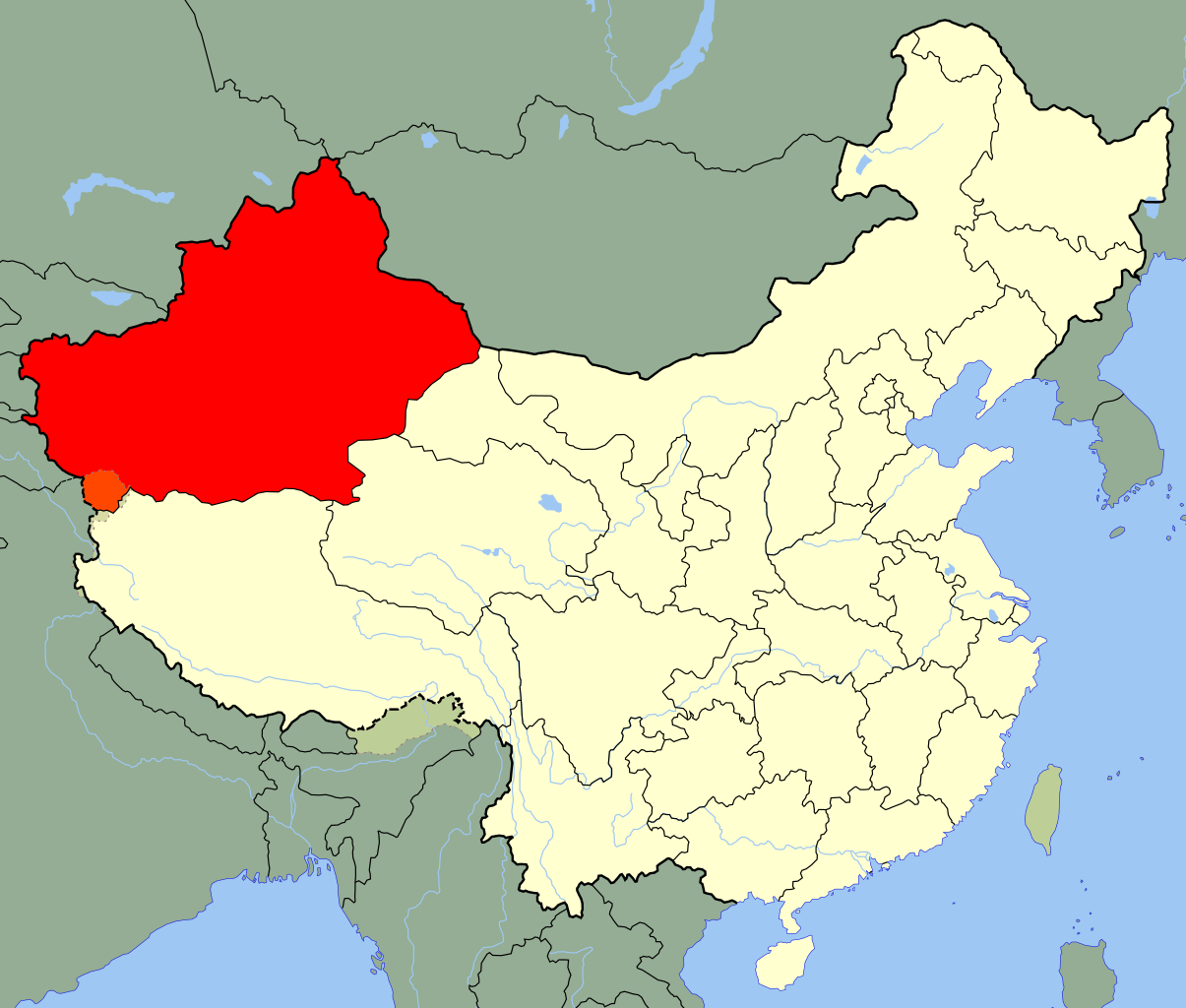News from the Region
China’s Xinjiang to build “Great Wall” to protect border: governor
Source: Reuters
BEIJING (Reuters) – China’s violence-prone far western region of Xinjiang will build a “Great Wall” around its borders to prevent the infiltration of militants from outside the country, state media reported on Tuesday citing the regional governor.
China blames the violence in Xinjiang on Islamist extremists and separatists, some of whom it says have links to groups outside the country.
Rights groups and Uighur exiles say it is more a product of Uighur frustration at Chinese controls on their culture and religion. China denies any repression.
Xinjiang governor Shohrat Zakir said Xinjiang would step up border measures to create a “Great Wall”, the official China Daily reported.
“We will try our best to leave no gaps or blind spots in social security management and ensure the key areas remain absolutely safe,” he said at the opening of the regional assembly’s annual session.
Technology along the border would be improved and roads and other infrastructure increased, Shohrat Zakir said.
“The overall situation was stable in 2017, which made people feel safer,” he said. “We won’t allow separatism to stage a comeback and will ensure religious extremism never rises again from the ashes and terrorist attacks are doomed to failure.”
The “Great Wall” comments were similar to those President Xi Jinping made last year during the annual session of the country’s parliament, where he told Xinjiang lawmakers of the need to build a “great wall of iron” to safeguard stability.
Xinjiang has been relatively quiet over the past year or so after a spate of incidents, which has coincided with a massive increase in security, including collecting DNA and other biometric data from the whole population.
China says ‘terror’ risks in Xinjiang remains serious despite security push
Source: Reuters
BEIJING (Reuters) – Unrelenting risks of “terror” and separatist activity in China’s far western region of Xinjiang require a prolonged security crackdown, state media said late on Sunday, after a year-long campaign that saw increased police deployment and heightened surveillance.
China says Xinjiang faces a serious threat from Islamic extremists and separatists who plot violent attacks and stir up tensions between the mostly Muslim Uighur minority who call the region home and the ethnic Han Chinese majority.
In response, the government has organized mass police rallies and rolled out new surveillance and anti-terror measures throughout the region, including thousands of newly installed street-corner police stations in cities and towns.
A report first read at a government meeting on Jan. 22 by governor Shohrat Zakir and published on the official Xinjiang Daily newspaper said that 2017’s campaign had made it clear that stabilizing society in Xinjiang would require more measures.
“There has been no fundamental change to the situation of Xinjiang being in a time of regular violent terror activities, an intense struggle against separatists and the painful throes of an intervention treatment,” Zakir said.
He added that the long-term peace and stability of Xinjiang and its society must be the overall goal of the regional government for the “critical period” of the next five years.
To meet this goal, the government will continue to deepen severe specialist operations, such as guaranteeing absolute security of key areas and the “normalization” of preventative measures in society, Zakir said.
China blames the violence in Xinjiang on Islamist extremists and separatists, some of whom it says have links to groups outside the country.
Rights groups and Uighur exiles say it is more a product of Uighur frustration at Chinese controls on their culture and religion. China denies any repression.
